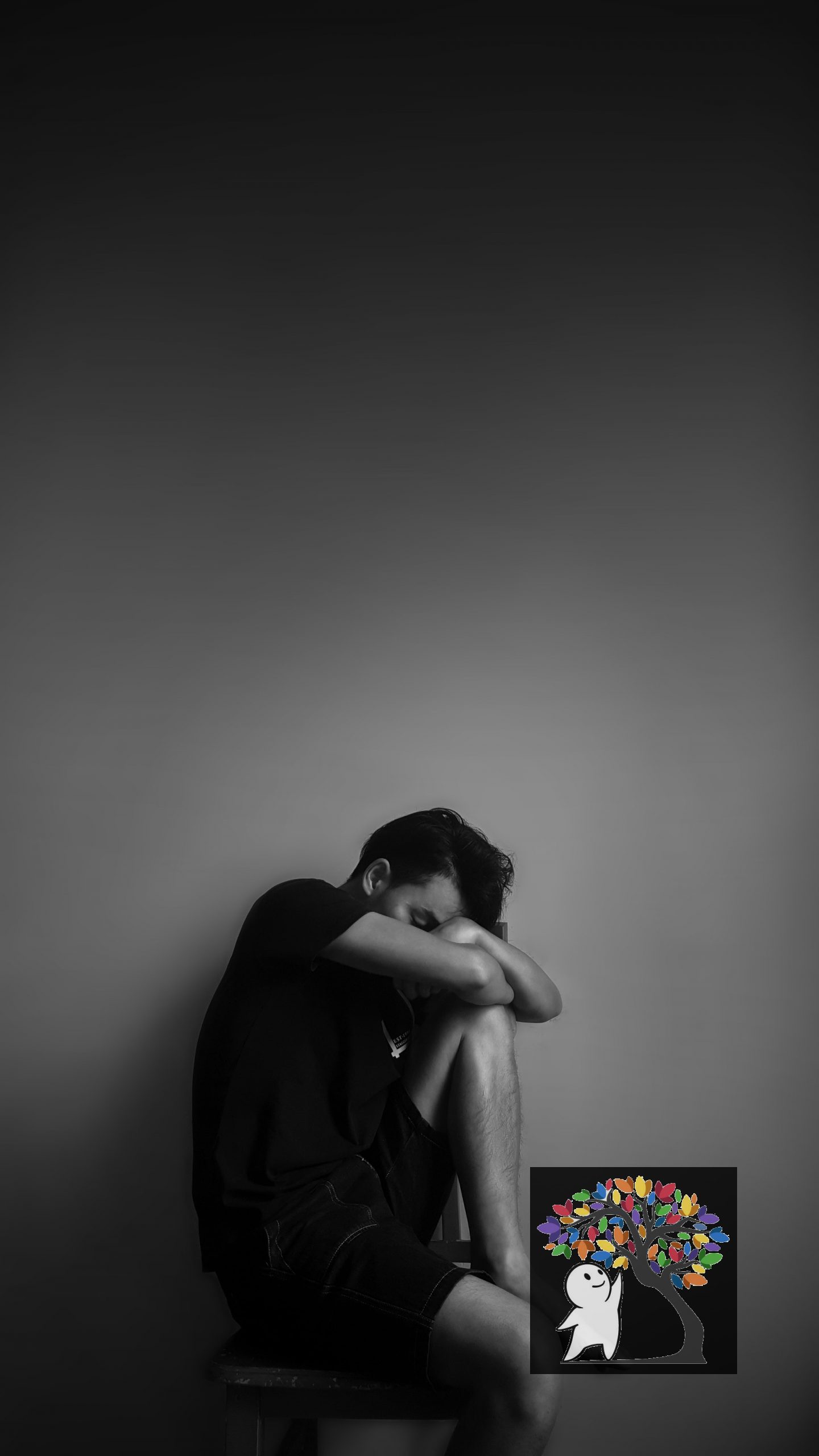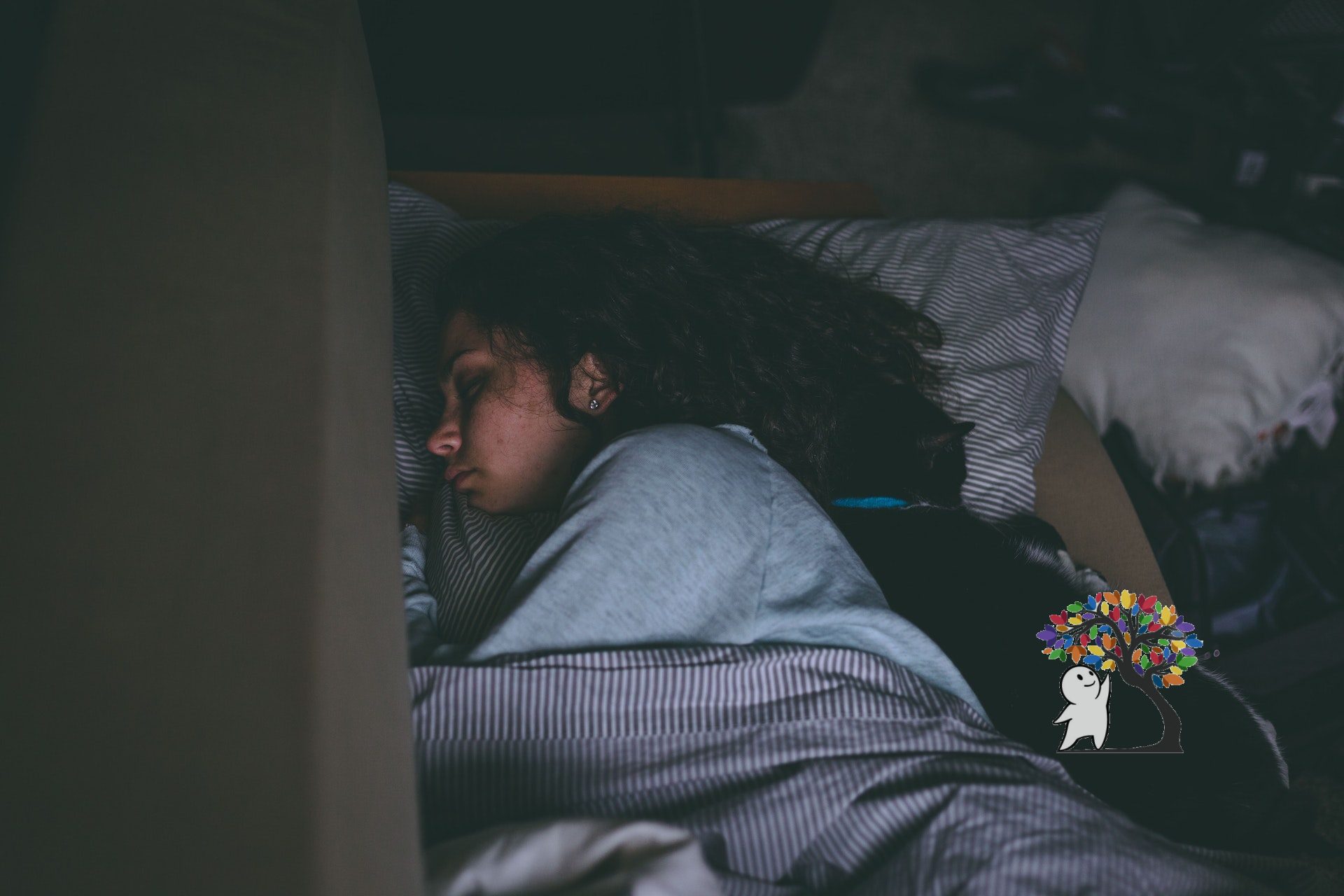10 Signs of Bipolar Disorder

According to the World Health Organization, bipolar disorder (bd) affects around 450 million people worldwide (2019). If you are struggling with bipolar disorder or supporting a friend or family member with bd, you are not alone. Even if you don’t know someone who has been diagnosed with bipolar disorder, educating yourself about bd can increase global awareness of this disorder and help create a world where people feel less stigmatized for seeking help from mental health professionals.
What is Bipolar Disorder (BD)?
Bipolar disorder is a mood disorder defined by periods of intense, heightened emotion called mood episodes. The three types of mood episodes are manic, hypomanic (less severe manic episodes), and depressive (American Psychiatric Association, 2017). Bipolar I disorder is the most extreme form of bd, with manic episodes persisting for seven days. Bipolar II disorder consists of hypomanic and depressive episodes. Cyclothymic disorder is less severe than both bipolar I and II, and involves cycles of hypomanic and depressive symptoms that last at least 2 years but cannot be considered full-blown mood episodes. Finally, other specified and unspecified bipolar disorders consist of symptoms that do not fit into the other three categories (National Institute of Mental Health, 2020).
Keeping in mind that symptoms vary in severity and people with bd might not have all these symptoms, here are 10 signs of bipolar disorder:

1: Mood Swings
Mood swings, from intense highs to extreme lows, are one of the biggest signs of bipolar disorder. While many people experience mood swings due to hormones or other factors, when changes in mood are frequent and interfere with sleep and daily activities, they may be a sign of bipolar disorder (Wein, 2010). People with bipolar II disorder typically experience alternating periods of hypomania, depression, and regular function (American Psychiatric Association, 2017).

2: Cycles of Depression
Most people with bipolar disorder experience cycles of manic and depressive episodes. Symptoms of a depressive episode include: strong feelings of sadness, guilt, worthlessness, or helplessness, disinterest in previously enjoyed activities, and even thoughts of suicide (American Psychiatric Association, 2017). Many previously undiagnosed people seek treatment for their bipolar disorder in response to a depressive episode, which can lead to a misdiagnosis of major depressive disorder (National Institute of Mental Health, 2020).
However, depressive episodes are not always a sign of bipolar disorder. Some people with bipolar I disorder have intense manic episodes but no depressive episodes (National Institute of Mental Health, 2020). But if symptoms of depression occur for a few weeks and alternate with symptoms of manic episodes, they are likely a sign of bd.

3: Risky Behavior
During manic episodes, people with bipolar disorder are more likely than the average person to engage in risky behavior. A study conducted by researchers from the department of psychiatry at the University of Oxford found that people with bipolar disorder engaged in more gain-oriented risky behaviors in a computer simulation than a control group who did not have bd (2009). Participants in the study who had bipolar disorder also struggled to take risks that would avoid loss or serve them in the long-term (Chandler, 2009).
Some examples of real-life risky decisions made by people with bd are: impulsiveness with money (spending sprees, risky investments, gambling), actions that could endanger themselves and others (reckless driving), or impulsive decisions that could cost them their jobs or personal relationships (missing work without calling in, reckless sex) (Wein, 2010 and National Institute of Mental Health, 2020).

4: Periods of Intense Multitasking/Energy
During a manic episode, people with bipolar disorder may suddenly make plans to do more than they’re physically capable of and believe they can do everything they have scheduled (American Psychiatric Association, 2017). Because people with bipolar II disorder experience less intense manic episodes (hypomania), they might not see how these increases in multitasking and energy during a hypomanic episode differ from a normal productivity boost, but people who know them will be able to identify this behavior as irregular (Grande, 2016).

5: Grandiosity (Feelings of Importance)
The American Psychiatric Association lists extreme self-esteem and grandiosity as symptoms of bipolar disorder (2017). The American Psychological Association (APA) defines grandiosity as “an exaggerated sense of one’s greatness, importance, or ability.” While grandiosity is more prevalent in other mental disorders, like narcissistic personality disorder, it can also be a symptom of bipolar disorder. People with bd typically experience grandiosity during manic episodes (National Institute of Mental Health, 2020).

6: Talking Faster than Normal
When people with bipolar disorder have a manic episode, they might speak faster or louder than normal. During a manic episode, people with bd may also have irregular speech patterns like trailing off in the middle of a conversation or talking more than they normally do (American Psychiatric Association, 2017). A person with bd may be unaware that they are talking faster than normal, but someone who knows them well will probably pick up on it (Grande, 2016).

7: Difficulty Concentrating
Difficulty concentrating can be a symptom of bipolar disorder during both manic and depressive episodes. During depressive episodes, a lack of energy may make it hard for a person with bd to stay focused, and they might also find themselves forgetting things. During manic episodes, too much energy makes it difficult for someone with bd to concentrate on any one task, and they are easily distracted (American Psychiatric Association, 2017).

8: Extreme Irritability/Agitation
Irritability is another symptom of bipolar disorder. Mental health experts continue to debate whether extreme irritability in children is enough to diagnose them with bd without the presence of manic episodes, but when irritability and agitation occur with other symptoms, they are likely signs of bipolar disorder (Wein, 2010). People with bd may manifest these feelings of irritability into physical actions of agitation, such as pacing or hand-wringing (American Psychiatric Association, 2017).

9: Irregular Sleep
When paired with other symptoms, difficulty sleeping or sleeping too much may be signs of bipolar disorder. During manic episodes, people with bd might sleep less than they normally do but still feel very energized after only a few hours of sleep (National Institute for Mental Health, 2020). When experiencing a depressive episode, people with bipolar disorder might sleep more and still feel tired or have trouble sleeping and suffer from exhaustion.
10: Changes in Appetite
People with bipolar disorder may experience a loss of appetite during manic episodes, when the body is able to function off little sleep and food (National Institute of Mental Health, 2020). Although many factors, including certain medications, can contribute to a loss of appetite, if this symptom occurs along with the other signs, it could be a sign of bd. According to the National Institute of Mental Health, people with bd may also experience increased appetite during depressive episodes (2020).
Bipolar disorder is a spectrum that affects everyone slightly differently: one person with bd may have all ten symptoms, while another person may only experience a few symptoms. If you or someone you care about shows a combination of these signs, please seek the advice of a medical professional so you can get treatment and begin managing the symptoms of bd.
References
- American Psychiatric Association (2017). What are bipolar disorders? Retrieved 18 April 2020 from www.psychiatry.org/patients-families/bipolar-disorders/what-are-bipolar-disorders.
- American Psychological Association (2020). Grandiose. In APA Dictionary of Psychology. Retrieved 18 April from dictionary.apa.org/grandiosity.
- Chandler, R.A., Wakeley, J., Goodwin, G.M. & Rogers, R.D. (November 2009). Altered risk-aversion and risk-seeking behavior in bipolar disorder. Biological Psychiatry, 66 (9), 840-846. DOI: 10.1016/j.biopsych.2009.05.011.
- Grande, I., Berk, M., Birmaher, B., & Vieta, E. (2016). Bipolar disorder. The Lancet, 387(10027), 1561-1572. DOI: 10.1016/S0140-6736(15)00241-X.
- National Institute of Mental Health (2020). Bipolar disorder. Retrieved 18 April 2020 from www.nimh.nih.gov/health/topics/bipolar-disorder/index.shtml.
- Wein, H. (ed.) (May 2010). Major ups and downs: Bipolar disorder brings extreme mood swings. NIH News in Health. Retrieved 18 April 2020 from https://newsinhealth.nih.gov/2010/05/major-ups-downs.
- World Health Organization (November 2019). Mental disorders. Retrieved 18 April 2020 from www.who.int/news-room/fact-sheets/detail/mental-disorders.
Resources
- National Suicide Prevention Hotline: 1-800-273-8255
- Substance Abuse and Mental Health Services Administration (SAMHSA) Treatment Referral Helpline: 1-800-662-HELP (4357).





Responses